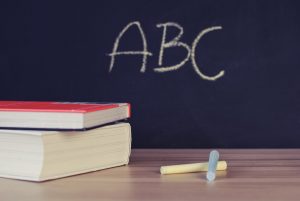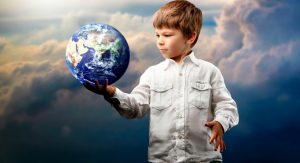Every child is entitled to a quality education that develops their individual talents and enables them to realize their full potential. It might be difficult to identify successful strategies that accommodate various learning styles in the field of special-needs education. The Montessori approach is one educational paradigm that has achieved success, nonetheless. This method, which was created by Dr. Maria Montessori, places a strong emphasis on personalized instruction, hands-on activities, and self-directed learning. In this article, we will explore how Montessori methods can be adapted to suit the needs of students with special needs. This strategy can be customized by teachers to create inclusive learning settings that support each student’s freedom, engagement, and growth.
Individualized Learning Plans
Individualized instruction is essential in Montessori education, and this idea also applies to education for students with special needs. Determine the particular strengths, difficulties, and learning preferences of each learner. Make personalized learning plans that are tailored to each student’s needs and include the necessary changes and accommodations. This will guarantee that special needs kids receive specialized teaching that promotes their growth.
Multi-Sensory Resources and Activities
Montessori classrooms are renowned for their interactive resources and fun exercises. To meet the needs of various sensory systems, modify these materials. To accommodate kids with diverse learning preferences, incorporate visual aids, tactile activities, and auditory clues. Learning is more accessible for kids with special needs thanks to multi-sensory materials and activities that help improve comprehension, retention, and general engagement.
Structured Environment
Montessori classrooms frequently have an atmosphere that is structured to encourage routine, consistency, and order. Students with special needs may benefit most from this structure since it gives them a sense of stability and regularity. To make the learning environment easier for your pupils to traverse, establish clear rules, procedures, and visual schedules. Structure and consistency foster a sense of stability, which lowers anxiety and improves focus.
Practical Life Skills
Practical life skills, a key component of a Montessori education, can be extremely beneficial for students with special needs. Include exercises that encourage autonomy, self-care, and daily life skills. These exercises can improve a person’s motor abilities, cognitive growth, and sense of independence. Give children the chance to practice activities suited to their specific skills, such as getting dressed, cooking simple meals, or arranging their possessions.
Peer Interaction and Collaborative Learning
In Montessori classrooms, peer interaction and collaborative learning are emphasized. This feature can be modified to encourage collaboration and socializing among students with special needs. Make room for collaborative tasks, activities in pairs, and peer mentoring. Peer engagement can promote social development, communication abilities, and empathy in special needs children, enabling them to form deep connections and actively engage in the learning community.
A potent strategy for developing inclusive learning settings that meet the various needs of each student is to adapt Montessori methods for special needs schooling. Teachers can guarantee that students with special needs receive a comprehensive education that fosters independence, engagement, and growth by implementing individualized learning plans, incorporating multi-sensory materials, offering a structured environment, emphasizing practical life skills, and encouraging collaborative learning. We may encourage an inclusive and empowering educational experience for all learners by putting these modified Montessori principles to use, allowing them to reach their full potential and thrive.



